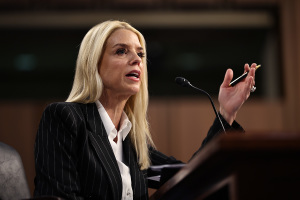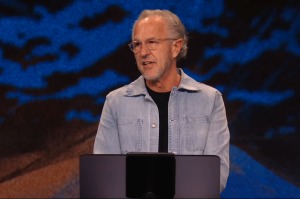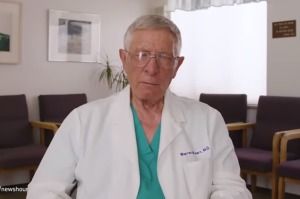Fuller Reveals New Justice Model for Effective Short-Term Missions
The Fuller Youth Institute is releasing a new resource to help make short-term mission trips for youth more than just a week-long experience.
Titled Deep Justice Journeys: 50 Activities to Move from Mission Trips to Missional Living, the new curriculum is designed to help students gain new insights about their relationship with God and the world they're called to serve and further apply what they've learned to their lives.
"I am a fan of short term mission trips. I know that they change lives," says FYI executive director Kara Powell, who co-authored the book with Brad Griffin. "But unfortunately, when students return ... old habits emerge, they get dragged back into old patterns in their families in their schools with their friendships. For many students it's like 3 steps forward and 2.93 steps back and that's far short of the transformation we would hope for."
Youth leaders and mission experts have been debating the effectiveness of short-term missions with some saying the service trips have little impact in producing long-term missionaries and in changing lives.
Although youth experts at FYI cite an explosive growth in the number of short-term mission trips, they have not found a similar growth in the number of career missionaries.
The team at FYI has been developing a short-term missions curriculum since 2006, collaborating with representatives from mission organizations and youth workers. After testing the curriculum with youth ministries across the country in 2008, FYI has revealed its final justice model this year.
"One of the core assumptions in this project is that true STM (short-term missions) effectiveness and life transformation (both for the 'goers' and those who receive them in their communities) will emerge from an ongoing focus on creating missional lifestyles," states FYI.
With the new curriculum, Powell hopes to set students on "trajectories of life-long faith and service."
Deep Justice Journeys features 50 learning activities for three stages of a mission or service trip: Before, During and After.
The prepartion portion includes not only raising funds and signing medical releases but also educating youths on cross-cultural dynamics, teen issues and a deep theology of service and justice that undergirds why they're doing what they're doing, as Powell explained.
During the actual mission or service trip, youth leaders are instructed to help students process what they're experiencing as they experience it. "It makes a huge difference in its impact," says Powell.
The book further provides ideas for how youth groups can ensure the ongoing growth and service of their students once they return from their mission trips.
Jesse Oakes, who serves in the High School Ministries of Lake Avenue Church in Pasadena, Calif., emphasizes the importance of following-up with students.
"As youth workers, we must be involved in every step of every process, but not as the do-it-all workhorse; simply as the oiler, easing things along, keeping everything running smoothly.
"[E]ven the most expertly devised justice movement is like the Tin Man (in Wizard of Oz), constantly needing oil lest it become stiff and stagnant – and the youth worker's role is to be the 'oiler.'"
Deep Justice Journeys is being released May 2009 through Youth Specialties.





























